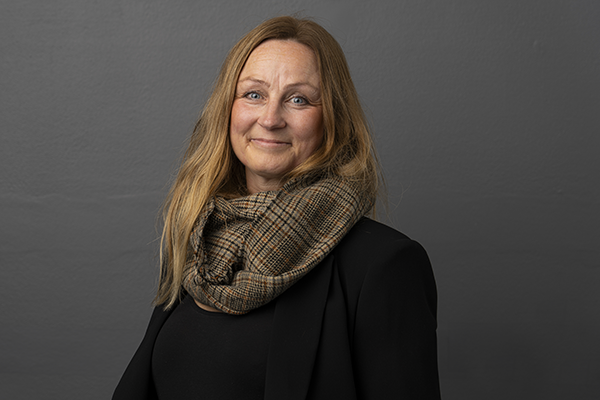Helle Plauborg
Research leader

Project title
Why do they stay? Exploring the relationalities of teachers who stay in the profession, thereby rethinking retention
What is your project about?
It is estimated that in 2030, there will be a shortage of 69 million teachers worldwide, including approx. 13,000 in Denmark. Thus, teacher shortages are a major problem, at the core of which is the difficulty in retaining teachers within the profession. This project explores why primary and lower secondary school teachers stay in the profession while seeking to rethink the concept of retention. Despite the fact that the existing research literature consistently highlights retention as the problem, as a concept, it has received little attention representing a simple binary understanding – stay or leave – that fails to reflect the often complex career paths of teachers. To address this, the project also explores teachers’ possibilities for pursuing different career paths within the profession.
How did you become interested in your particular field of research?
My interest in the project was sparked by the research programme I head. Here, we regard one of our primary tasks as producing knowledge that addresses current issues facing schools, such as teacher shortages. We have therefore conducted preliminary searches to identify studies focused on dropout, retention and recruitment, based on which it became clear that the existing research literature focuses predominantly on dropout and teachers' reasons for leaving the profession, whereas retention and those who stay have received little attention, even though these teachers are in the majority. At the same time, recent studies call into question a premise that seems to be prevalent in the existing literature, namely that by examining the reasons for dropout, we can gain insights into retention through simple reverse polarity.
What are the scientific challenges and perspectives in your project?
As mentioned, existing research in the field is sparse. The project therefore contributes to an incipient international field of educational research by offering insights into what contributes to retention. In addition, the existing literature is often characterized by a failure to study teachers’ professional lives as entangled with, for example, historical, political, organizational, personal, and social aspects. These entanglements are therefore a focal point in this project. Finally, the project offers a much-needed rethinking of the concept of retention.
What is your estimate of the impact, which your project may have to society in the long term?
While this project is first and foremost concerned with addressing a gap in the research on teachers, we are also strongly motivated by our belief that this knowledge can be used to qualify and inform discussions of how to work proactively to solve a pressing issue within educational practice, i.e., teacher shortages. In addition, the extent of teacher shortages in Denmark varies greatly from municipality to municipality; in this study, a total of 48 teachers will be recruited from 12 different schools in 6 different municipalities in order to gain insight into these variations and their potential impact on retention.
Which impact do you expect the Sapere Aude programme will have on your career as a researcher?
First of all, it is a great honour to receive a Sapere Aude grant. The grant gives me the opportunity to assemble a strong research team in the field and establish close collaboration with leading international researchers in the field. It also involves research stays in London and in Leuven. The members of this research team will also be part of and contribute to the research programme Teachers and Teaching: Teacher Education, Practice, Professional Development at the Danish School of Education, Aarhus University.
Background and personal life
I was born and raised in West Jutland near the town of Esbjerg, but live with my husband and our two children in Nørrebro, Copenhagen. I spend my free time with my family and friends and often also on horseback or sitting at my piano. On (particularly) good days, I also persuade myself to go for a run.
View all research leaders here
Research institution
Aarhus University
Research field
Educational Psychology
City of your current residence
Copenhagen
High school
Esbjerg Gymnasium
